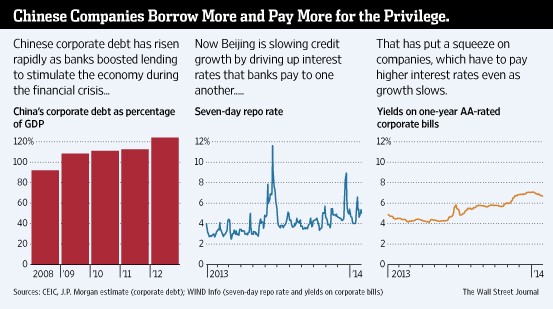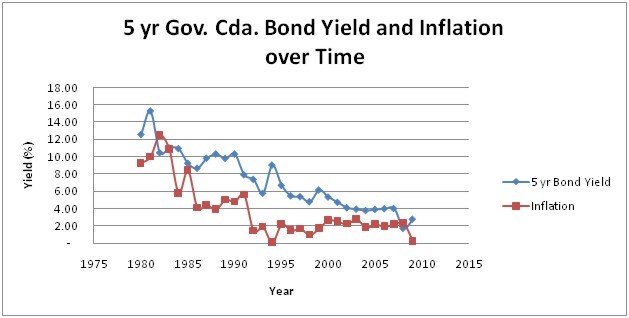Bond yield increase will swell Britain s national debt over next five years
Post on: 16 Март, 2015 No Comment

View
comments
Up: The ten-year gilt yield hit 3 per cent last week as the recovery in the UK economy gathered pace
Rising government borrowing costs look set to add billions of pounds to interest payments on the UK national debt over the next five years.
The ten-year gilt yield – a benchmark measure of how much the state pays to borrow – hit 3 per cent last week as the recovery in the economy picked up.
That was the highest level since July 2011, more than double the rate seen last summer and well above the 1.87 per cent level at the time of the Budget in March.
On Sunday night a source close to Chancellor George Osborne conceded that it was ‘mathematically unavoidable’ that higher borrowing costs will feed through to higher debt interest payments.
But it is hoped that the economic revival will also lead to stronger tax receipts and lower spending on out-of-work benefits – more than making up for the rising cost of servicing the ballooning national debt.
George Buckley, UK economist at Deutsche Bank, said: ‘If gilt yields are rising because they reflect a much stronger economy than was expected, then in turn that should bring in greater revenues to the Exchequer and reduce spending on welfare.
‘This will help offset the impact of the rise in gilt yields on interest spending.’
WHY YIELDS MATTER
To raise money the Government issues debt, known as gilts, which pays out a set amount, the coupon, over a set period.
While that payout remains the same, the price of buying that issue of gilt second-hand can rise or fall on the markets, where they are traded.
Rising yields do not mean the Government pays out any extra on existing gilts — as the coupon has already been set.
But to attract new investment, it will need to raise the payout on future gilt issues, otherwise they will not look attractive to investors.
Treasury figures published in the Budget show that a one percentage point increase in government bond yields would increase debt interest payments by £800million this year to more than £50billion.
If gilt yields remain one percentage point higher than expected for the next five debt interest
payments in 2017-18 would be £8.1billion higher than hoped, at £79.4billion.

The total bill over the next five years would rise by £22.1billion to around £320billion – or nearly £13,000 per household.
‘This is why it is so important to get our debts under control,’ the Treasury source said.
Bond yields have risen as investors bet that the revival in the UK economy will force the Bank of England to raise interest rates sooner than expected.
Pressure in Saint Petersburg: Mark Carney, David Cameron and George Osborne at the G20
Borrowing costs have also been driven higher by speculation that the US Federal Reserve is preparing to bring the era of cheap money to an end on the other side of the Atlantic.
Ministers are hoping that the improved outlook for the UK economy will feed through to lower borrowing as tax receipts pour in and welfare spending falls.
The annual deficit has fallen from the record £157billion racked up by Labour in 2009/10, its final year in office, to £116.5billion last year, but progress has stalled.
The government borrowed £36.8billion in the first four months of the 2013/14 fiscal year compared with £35.2billion at this stage of 2012/13.
The national debt – below £350billion a decade ago – has now hit £1.19trillion or 74.5 per cent of national income and is on course to hit £1.64trillion in 2017/18.














